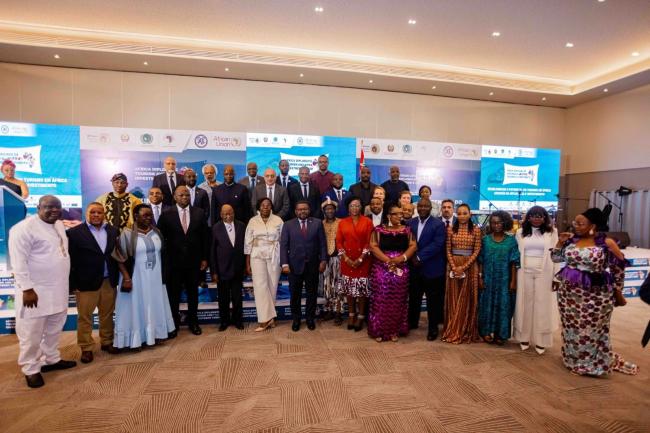News Details

Africa Diplomatic Tourism And Investment Summit Ends In Maputo With Strong Commitments
The inaugural Africa Diplomatic Tourism and Investment Summit [ADTIS] 2025 has ended in Maputo with far-reaching commitments aimed at unlocking Mozambique and the continent’s tourism potential through diplomacy, investment, and regional cooperation.
The three-day forum, held from August 20 to 22 under the theme “Unlocking Africa’s Tourism Potential through Diplomacy and Investment”, brought together more than 400 participants, including over 150 international delegates from Africa, the United States, and Canada.
The Summit was officially opened by Prime Minister Maria Benvinda Delfina Levi of Mozambique and former President Joaquim Alberto Chissano, who called for stronger regional cooperation to position tourism as a driver of economic and social development.
Representing the host government, Minister of Economy Basílio Muhate welcomed participants drawn from government, the private sector, academia, civil society, and international organisations.
Over the three days, experts discussed policies, infrastructure, community-based tourism, digital transformation, and human capital development.
Among the highlights:
Former President Chissano stressed that “tourism can only thrive in an environment of peace, stability, and shared vision.”
Panelists underscored the need for institutional reforms, investment-friendly policies, and robust infrastructure, particularly railways, ports, and air connectivity.
Discussions emphasized Africa’s unique combination of wildlife, beach, and cultural tourism, with a call for deeper community involvement in conservation.
Experts highlighted digital platforms, e-payments, and smart destination models as key tools to make African tourism more competitive.
Education and skills gaps in hospitality and tourism were identified as urgent priorities, with proposals to operationalize hotel and tourism schools and strengthen partnerships with the private sector.
At the close of the Summit, delegates adopted several resolutions, including calls to Mobilise infrastructure investment and modernize the tourism industry; Simplify visa procedures and introduce a regional visa regime to enable multi-country travel and establish open skies agreements to improve connectivity across Africa.
Others are, streamline conservation regulations for eco-tourism investment, as well as, accelerate digital transformation and expand digital literacy in the sector.
In its final communiqué, the Summit noted that the deliberations were “in-depth, rich in diverse perspectives, and grounded in solid evidence,” adding that the diversity of ideas had led to strategic solutions for tourism development.
Delegates praised Mozambique’s hospitality and encouraged visitors to explore its renowned beaches, wildlife reserves, and cultural heritage.
Source: www.africantraveltimes.com


